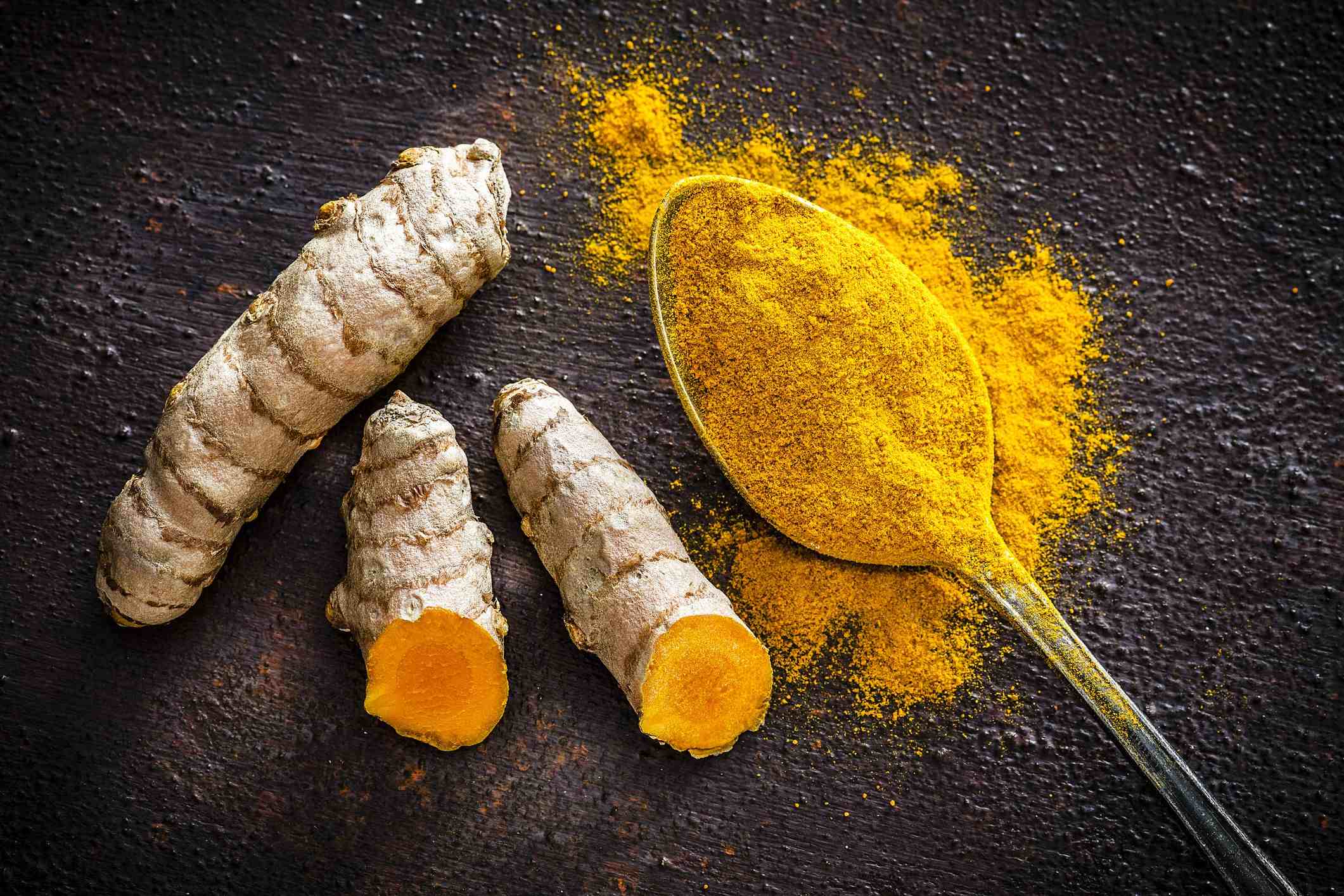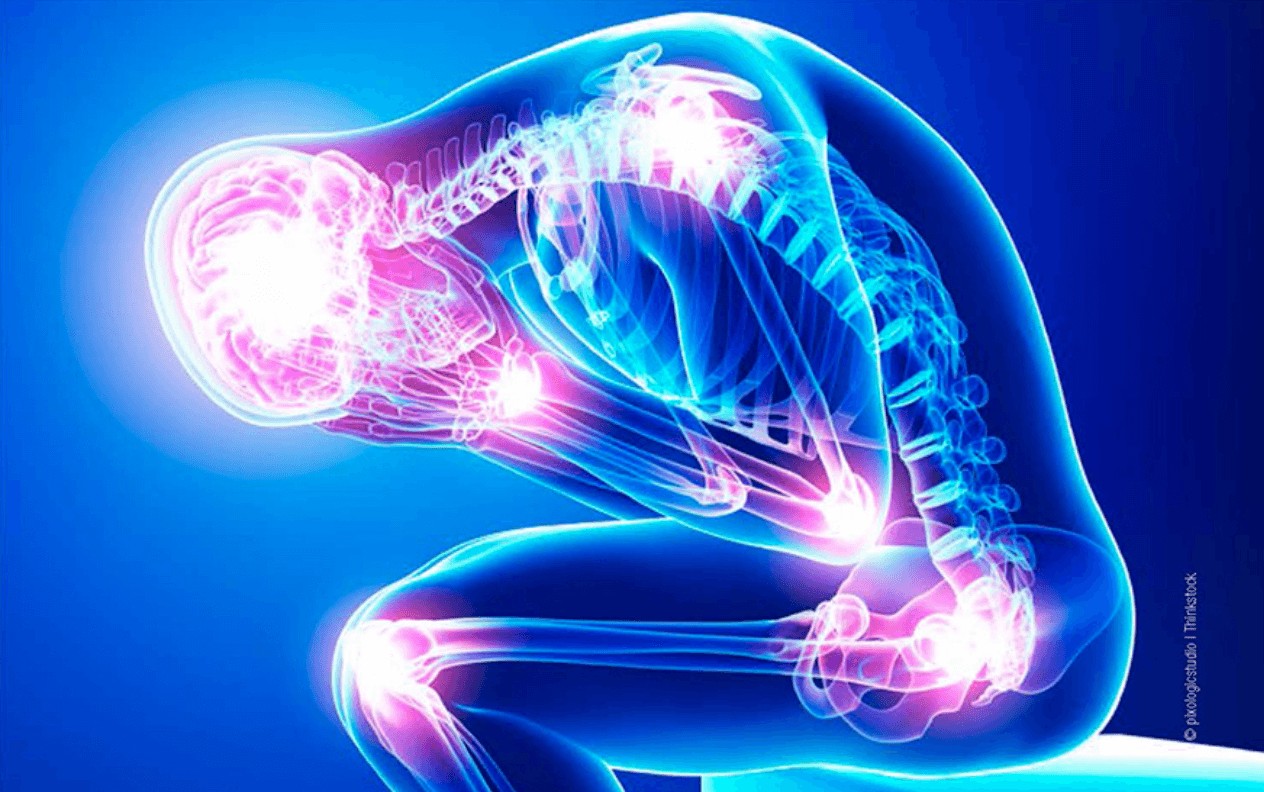
5 Ways to Reduce Inflammation
Whether you have temporary or chronic inflammation, you know how painful it can be. There’s nothing quite as distracting as throbbing pain in your back, neck, or knees while you attempt to focus on getting things done.
If you suffer from inflammation on a regular basis, or even just every once in a while, use these 5 ways to reduce inflammation to make your life a little easier and less painful.

Non-Steroidal Anti-Inflammatory Drugs (NSAID)
The first thing that comes to most people’s mind when treating inflammation is over-the-counter (OTC) anti-inflammatory medication. We don’t necessarily recommend using these often, but they can help a great deal when you’re in a tight spot.
Some OTC anti-inflammatory medications include Aspirin, Ibuprofen, and Naproxen. These are household medications, and you’ve probably taken them before, as they’re typically used to treat headaches, backaches, stiffness from arthritis, and menstrual pains. While these medications will work like magic every now and then, they’re not recommended for long term use. The risk of negative side effects increases the more often you use them, so it’s best to use in moderation.
Some negative side effects include gas, diarrhea, heartburn, nausea and vomiting, and constipation. Severe cases can include stomach ulcers and even blood in your stool. All of that might scare you away from using any NSAIDs, but as long as you practice common sense and moderation, you should be just fine!

Herbs
If you prefer a more natural solution to your inflammation issues, you can use turmeric to season your food more often, and even make a tonic with water and lemon. Turmeric contains a chemical called curcumin, which can reduce swelling, and provide you with some much-needed relief.
It’s typically used to flavor or color various mustards and butters because it has a slightly bitter taste, but if mixed well, it can make for a delicious anti-inflammatory treat! Ginger contains some anti-inflammatory compounds that function similarly to pharmaceutical drugs used to treat pain and inflammation, so skip the trip to the pharmacy and pick up some ginger!
Cannabis has been used to treat inflammation since it hit the medical market (and likely even before that). Marijuana impedes the production of molecules in your body which stimulate the rush of blood cells to an injured or infected area.
When these molecules are reduced in the body, inflammation practically disappears! The medicinal benefits of using cannabis stretch far beyond the treatment of inflammation too. If you’re interested in learning more about medical marijuana, learn how to apply for your medical marijuana card.

Anti-inflammatory diet
It’s no wonder why so many people are switching to a plant-based diet! As it turns out, simply including leafy greens like spinach, kale, or collards into your diet regularly can help to reduce inflammation. These vegetables are packed with Vitamin E, which has been shown to greatly reduce inflammation throughout the body.
Olive oil is another food you should include in your anti-inflammatory diet, as it contains oleocanthal, which is an organic compound with antioxidant properties shown to reduce inflammation. Some other anti-inflammatory foods include fruits like strawberries, blueberries, cherries, and oranges. You’ll also benefit from including nuts like almonds and walnuts.
While eating vegan will significantly help reduce inflammation throughout your body, there are still some meats like fatty fish that work to reduce inflammation in the same way olive oil and nuts do.

Get more exercise
If you’re in pain, you might not feel up to the task of exercising regularly, and that’s understandable. However, exercising regularly will help to reduce overall body fat, resulting in a massive reduction in inflammation throughout the body.
Once you’re done exercising, make sure you stretch, because flexible muscles have a much lower tendency to become injured, and in turn, inflamed.
Going to a yoga class regularly or simply stretching after every exercise session will help to improve blood flow and muscle flexibility, so you can feel more energized and less in pain!

Get enough sleep
Sleep is the way your body recovers and recuperates, and not getting enough sleep can trigger inflammation. On the other hand, getting too much sleep can also trigger inflammation, so set an alarm at a reasonable time to ensure you’re getting just enough sleep.
It’s recommended for adults to get between seven and nine hours of sleep per night. If you’re not getting that much sleep, you would greatly benefit from making some changes!

Conclusion
Living a life in pain makes it much harder to enjoy the simple things in life, so follow these five tips to help reduce your inflammation, and feel your aches melt away!



